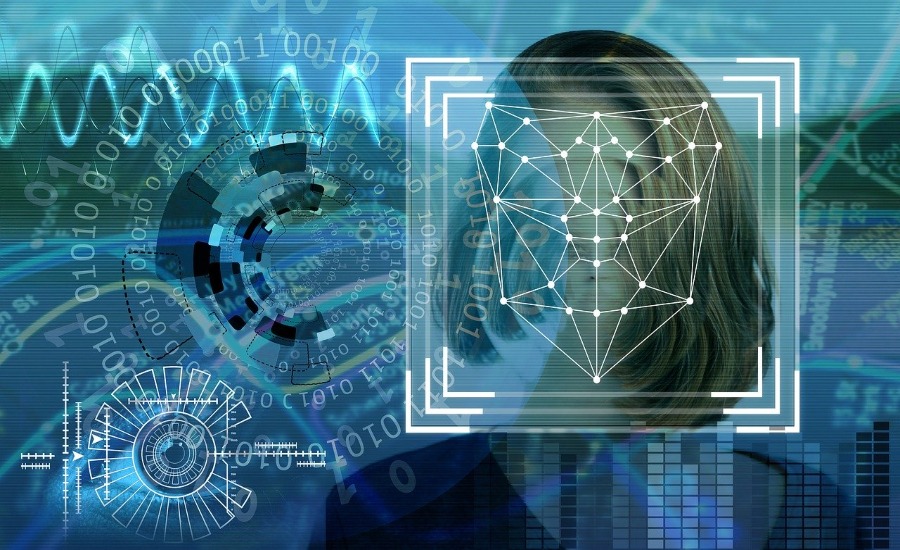In today’s rapidly evolving digital landscape, the need for robust and secure authentication methods has never been greater. Biometric authentication systems have emerged as a game-changing solution to address this need. With over a decade of experience in the field, we’ll explore the rising prevalence of biometric authentication systems, their key advantages, and their implications for various industries.
Understanding Biometric Authentication
Biometric authentication leverages unique biological or behavioral characteristics to verify an individual’s identity. Unlike traditional methods such as passwords or PINs, biometric data is inherently personal and difficult to forge. Common biometric modalities include fingerprint recognition, facial recognition, iris scanning, voice recognition, and even behavioral patterns like keystroke dynamics.
The Evolution of Biometric Authentication
Over the years, biometric authentication has witnessed significant advancements. Early systems were often cumbersome and unreliable. However, continuous research and development efforts have led to highly accurate and efficient biometric solutions. The integration of machine learning algorithms has played a pivotal role in enhancing the accuracy and security of these systems.
Key Advantages of Biometric Authentication
Enhanced Security
One of the primary advantages of biometric authentication is its superior security. Biometric data is unique to each individual, making it extremely difficult for impostors to gain unauthorized access. Moreover, biometric systems employ sophisticated algorithms to detect spoofing attempts, further bolstering security.
Convenience and User Experience
Biometric authentication offers unparalleled convenience for users. Gone are the days of forgotten passwords or the hassle of resetting them. Users can simply rely on their unique biometric traits, making the authentication process seamless and user-friendly.
Improved Fraud Prevention
Businesses across various sectors are increasingly adopting biometric authentication to combat fraud. In sectors like finance and healthcare, biometric systems are instrumental in preventing identity theft, account takeover, and medical fraud.
Industries Embracing Biometric Authentication
Finance
The financial industry has been a frontrunner in adopting biometric authentication. Banks and payment providers are implementing biometric solutions to enhance the security of online and mobile banking, as well as payment transactions. Fingerprint and facial recognition are commonly used modalities in this sector.
Healthcare
In healthcare, the use of biometric authentication is vital to ensure patient data security. Healthcare providers are using biometrics to control access to electronic health records, prescription systems, and even to verify patients’ identities before providing care.
Government and Law Enforcement
Government agencies and law enforcement agencies are leveraging biometric technologies to enhance national security. Facial recognition systems are used for border control, while fingerprint and iris scanning are employed for criminal identification.
Mobile Devices
The prevalence of biometric authentication on mobile devices cannot be overstated. Smartphone manufacturers have integrated fingerprint sensors, facial recognition, and even retina scanning into their devices. This not only secures user data but also enhances the overall user experience.
Ethical and Privacy Considerations
While biometric authentication offers numerous benefits, it also raises important ethical and privacy concerns. Collecting and storing biometric data requires stringent security measures to prevent data breaches. Additionally, clear policies and regulations are essential to protect individuals’ rights and ensure responsible use of biometric information.
The Future of Biometric Authentication
As technology continues to advance, we can expect further innovations in biometric authentication. Multi-modal biometrics, combining two or more biometric traits, will become more prevalent, enhancing both security and user experience. Moreover, the integration of biometrics into IoT devices and smart homes will redefine how we interact with technology in our daily lives.
In conclusion, biometric authentication systems have seen a significant rise in adoption across various industries due to their unmatched security and user convenience. While they hold great promise, addressing ethical and privacy concerns will be crucial to ensuring their responsible and widespread use. As we move forward, the future of biometric authentication appears bright, with continued advancements shaping a more secure and user-friendly digital world.

